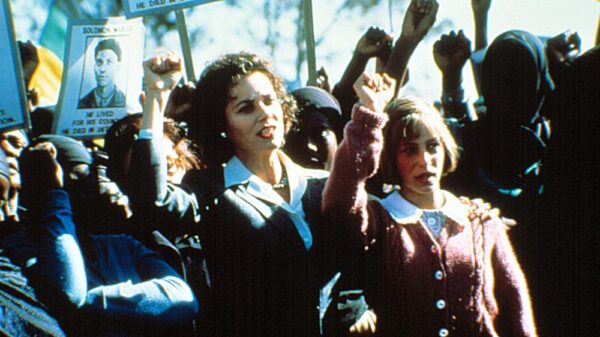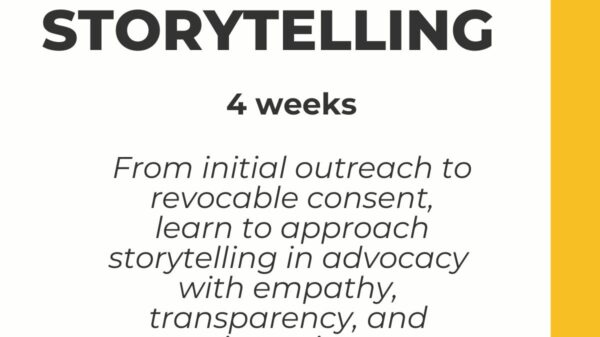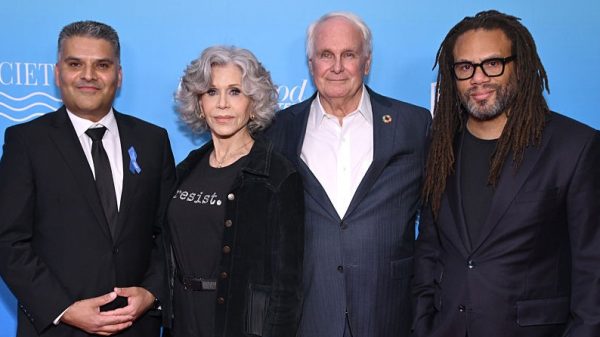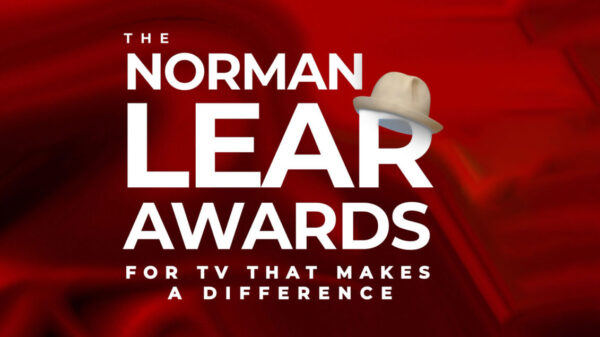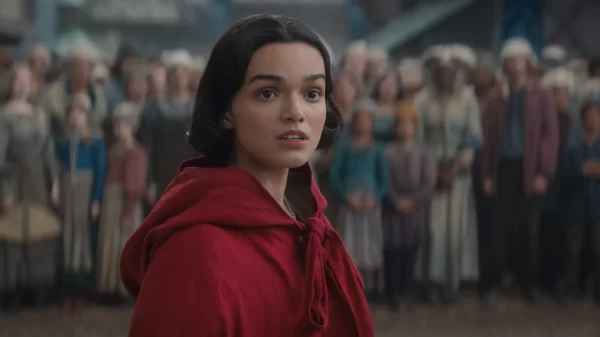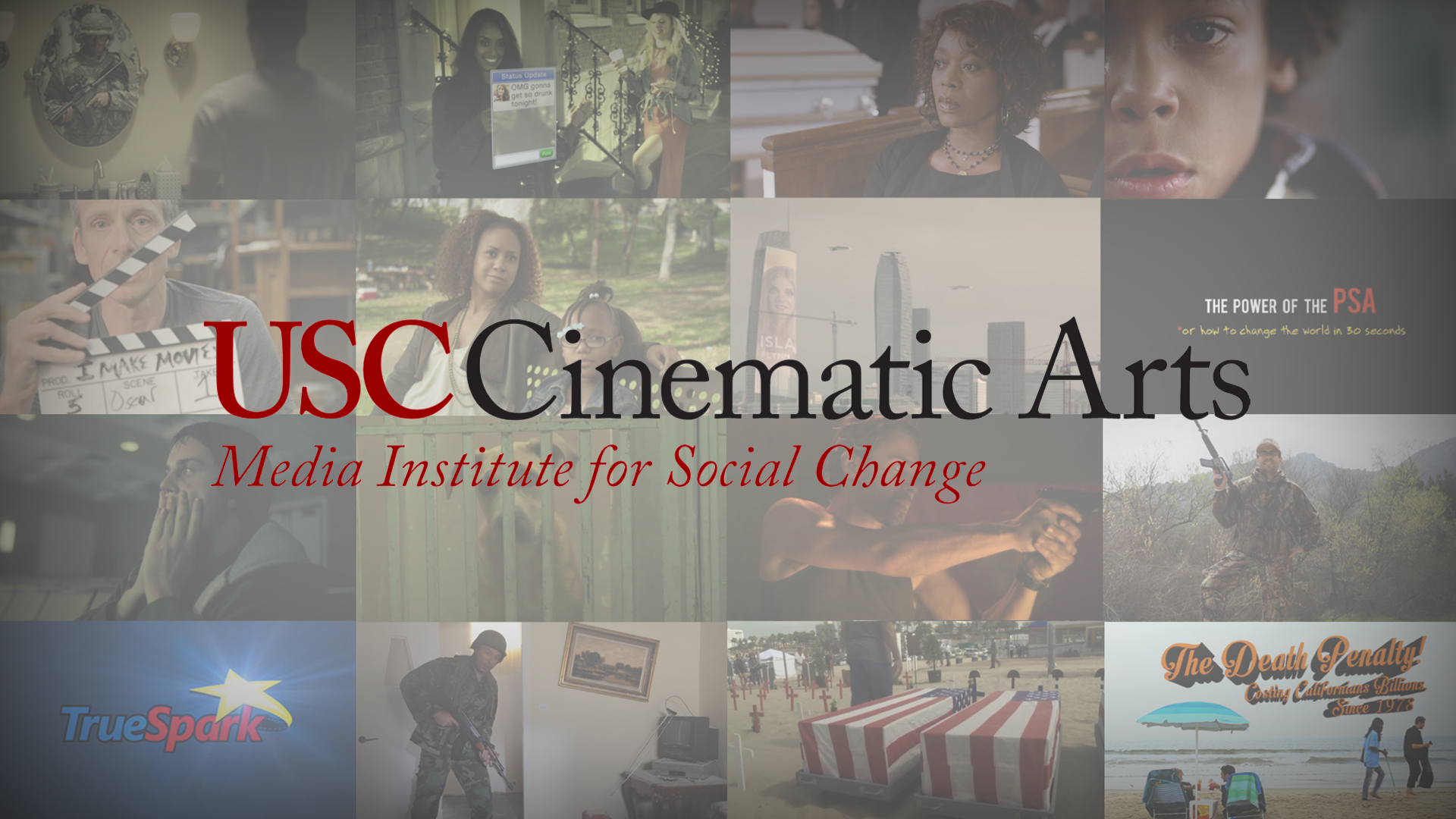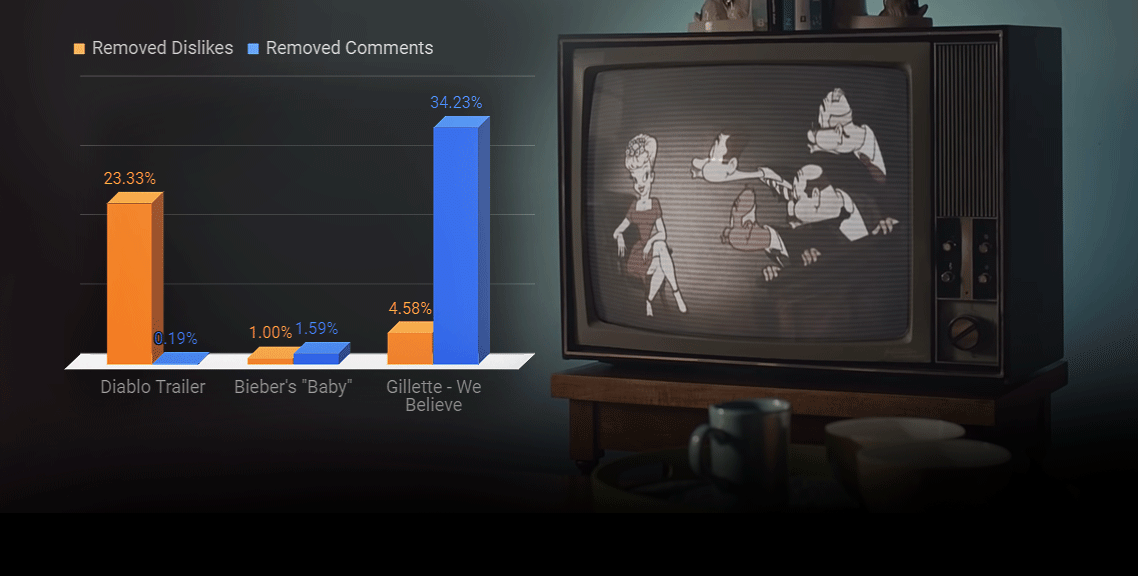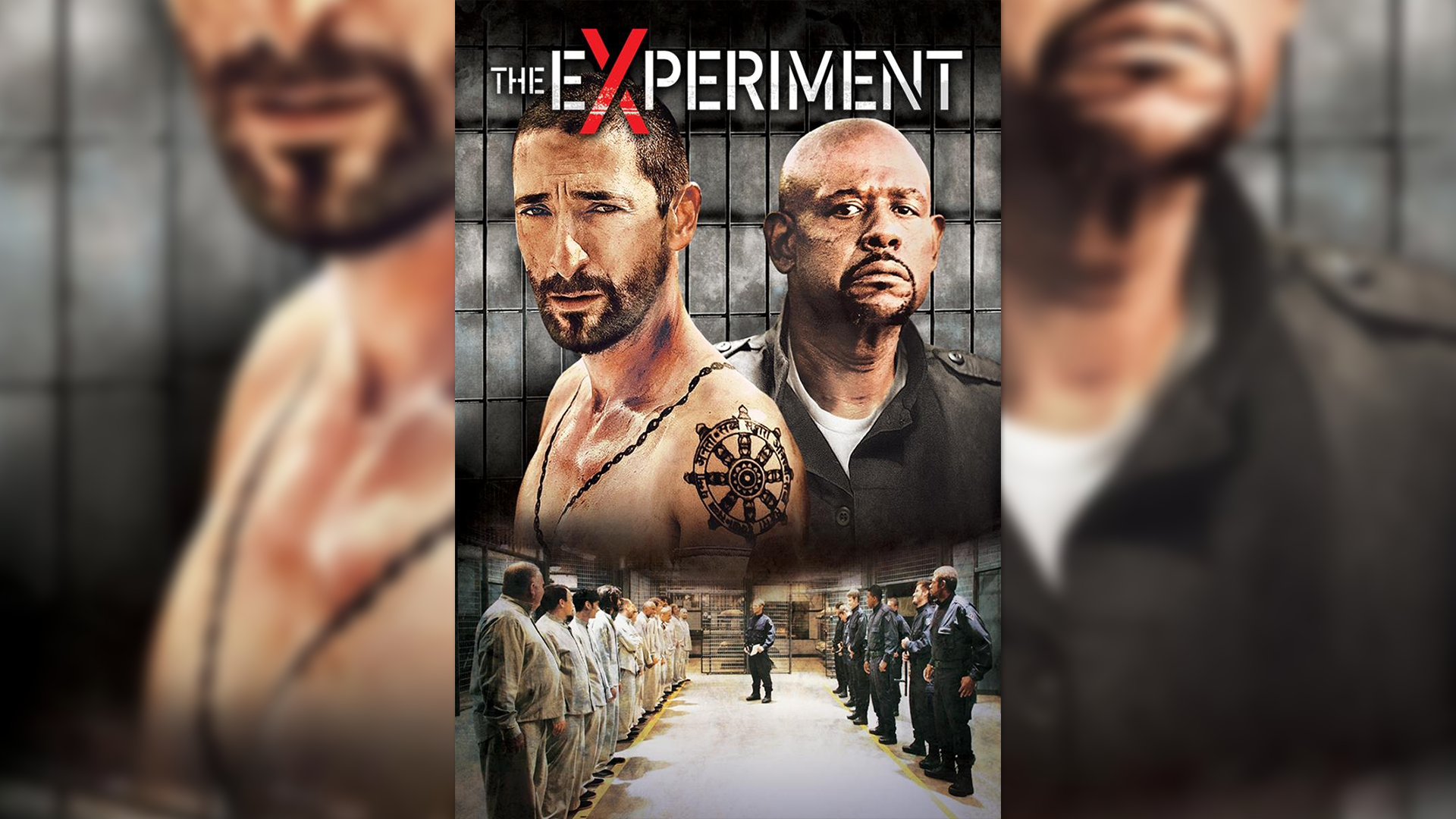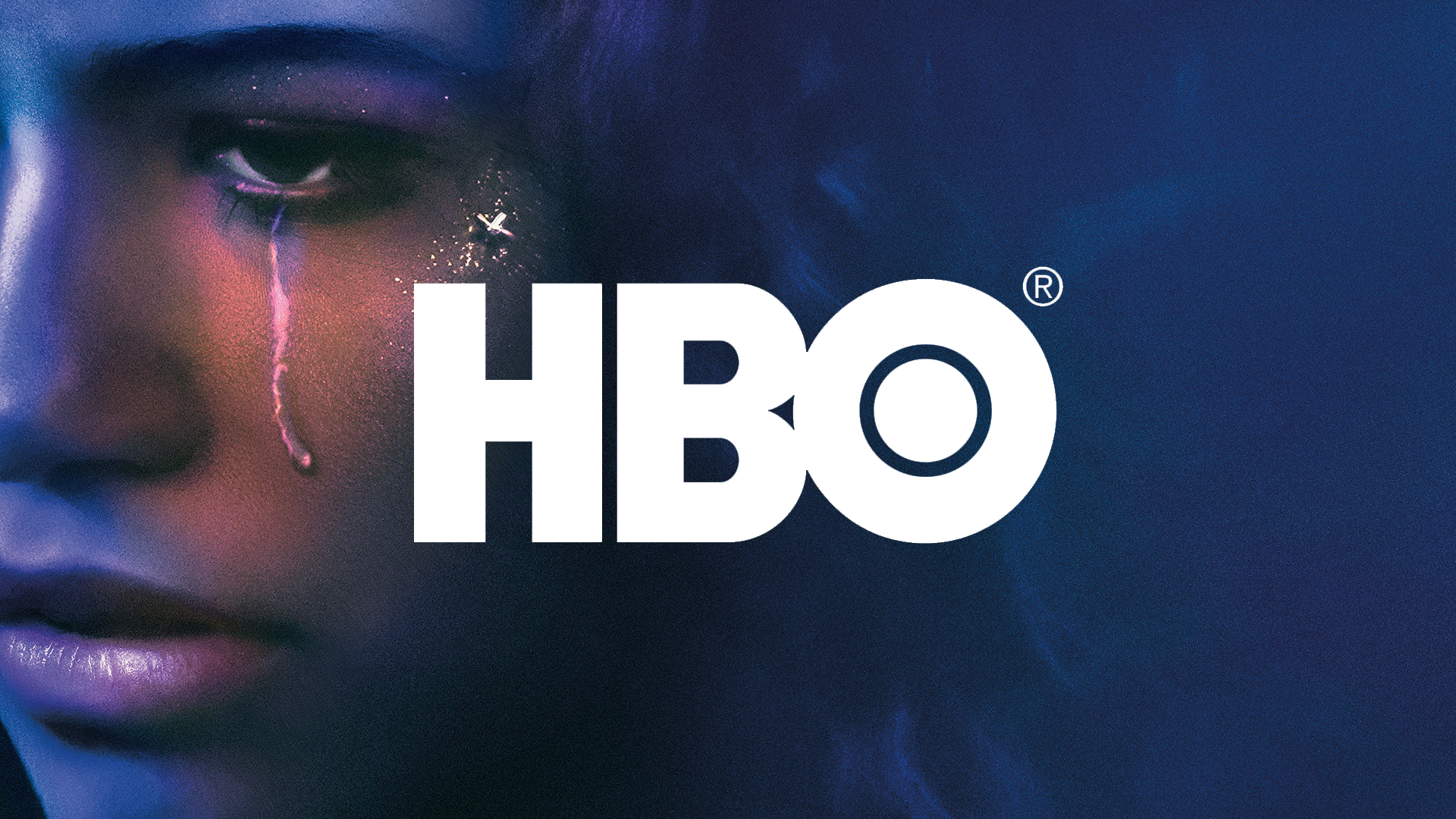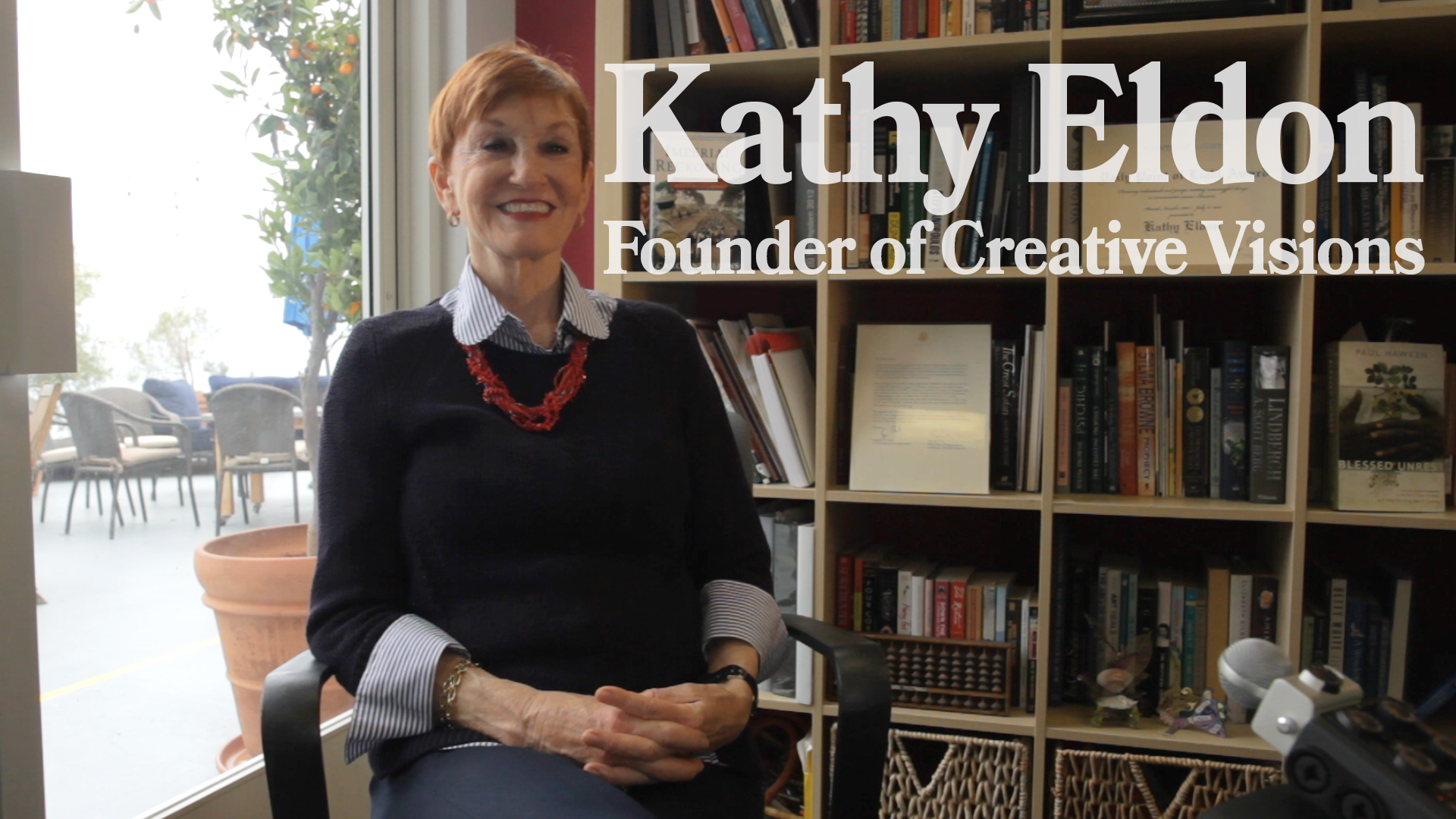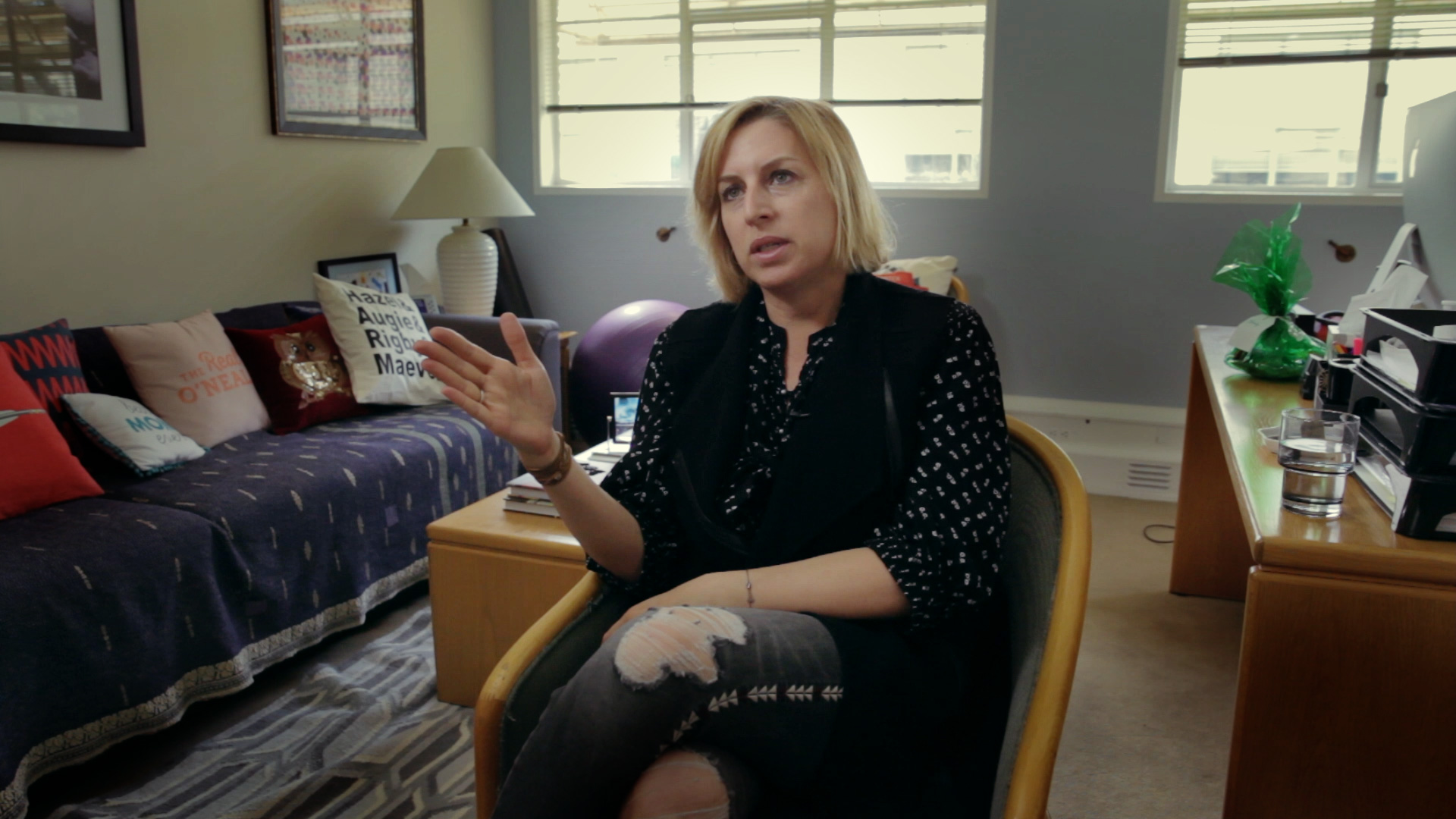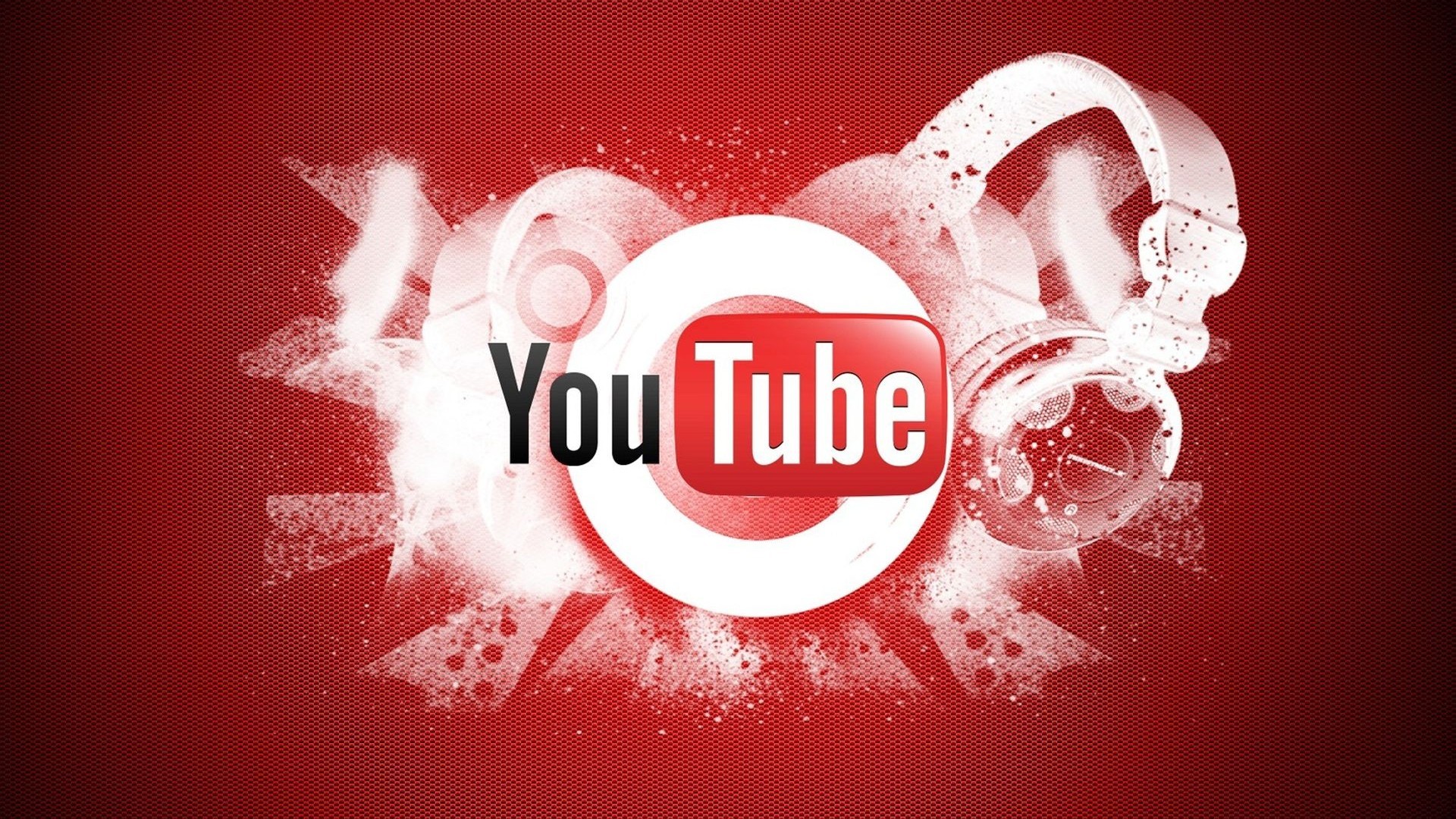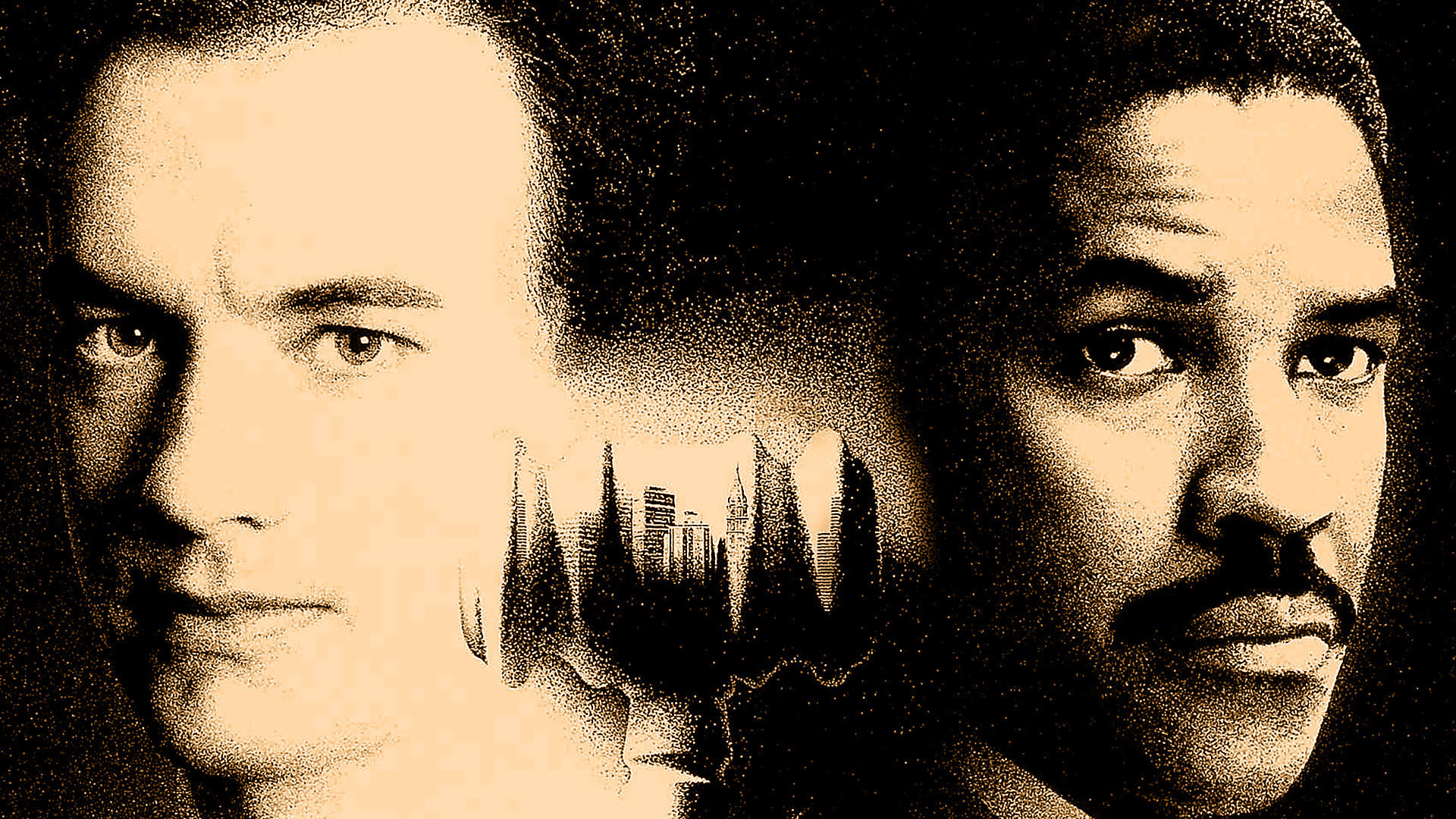What are we to make of events that reach us in the form of a video clip of a police shooting that is sandwiched by both a relative’s baby pictures and today’s third unanswered invitation to a comedy show? Why are we so entranced by the no-holds-barred, oft-anonymous and rarely satisfying debate over the video’s causes and significance in the comments section? Does the way in which news is consumed by anyone who spends more than a few minutes a day online seem a little…schizophrenic to anybody else?
As your author I apologize for starting us off on this topic with a stumble, but I would rather fall before reaching the cliff’s edge, and “The News” today is nothing if not treacherous. Events of profound and systematic violence reach the eyes of millions across the globe in a simultaneous and visually identical format due to two main factors: most of the inhabited world can be filmed at any time, greatly due to cell phones, and most of the world’s population can access these images via the Internet. Millions join the public debate with written responses often as vicious as they are consequence-free thanks to the safety blankets of anonymity and groupthink. Print media are less popular than vinyl records, leaving the door open for hundreds of websites staffed by armchair journalists to scour the Internet until a police shooting, or an atrocity in the Middle-East is filmed and uploaded. With such competition there is little time for the reporter to develop an opinion before they must share it with the world.
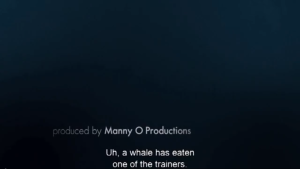
Docs can make a big impact through simple presentation of their subject, like the opening of “Blackfish” here…
It does seem that we are all riding a wave of interest in seeing and hearing the woes of the world, not only out of curiosity but because acknowledging a problem is the first step towards fixing it. The fact is that amateur videos presented as news are a powerful source of public truth whether they deserve to be or not, and the rate at which every single one of us consumes them tends to prevent their careful examination. To be sure our fellows in print media (both analog and digital) and academic journals deserve credit for their work in uncovering the background of, say, endemic police brutality against people of color. It’s just that filmmaking at its core is sensational; it is a multi-sensory, captivating experience that works very closely with the subconscious mind. As professional filmmakers I hope that we can remind audiences that they have a choice to form opinions on a subject by watching something that is skeptical, logical, and built upon careful examination.
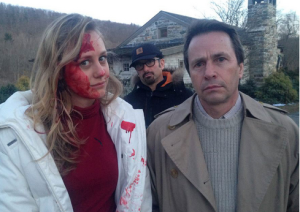
…or they can create a gripping story by employing scripted effects, such as what was done with these “The Jinx” reenactors.
Jonathan Mahler’s NY Times article from March 22, 2015 provides a succinct explanation of what may be socially-conscious cinema’s biggest saving grace in the Internet Age: bringing hard news to an audience while also entertaining them. Mahler’s case in point is the recently concluded HBO series The Jinx, which profiles murder suspect Robert Durst and now-famously ends with what could be his accidental confession. Was it disingenuous for the creators of The Jinx to hold their bombshell revelation until the last minute? I can only imagine what the families of the victims would answer, but the fact is that Durst’s arrest was probably inevitable from the moment the show was recorded. Mahler mentions several other recent docs that have helped lead to observable social change including Blackfish and The Invisible War. For a time the reports of criminal negligence in Blackfish contributed to SeaWorld’s declining stock value, and The Invisible War was instrumental in changing the U.S. Military’s investigation of reported rape. What they have in common are truly risky ideas and footage in a wrapper of shocking drama and excitement.
That is not to say Inside Job did a better job of reporting the 2008 financial crisis than a Huffington Post reporter simply because it is a thriller; a collection of articles spanning several years likely tells a similar story. One source’s opinion, however, is vastly more likely to become white noise in our constantly upgraded, push notification-dependent lives. Even with the proliferation of video platforms it is far less likely that the average viewer will be overwhelmed with films on a given subject. There will probably not be a Blackfish 2, nor a counterargument that is nearly as successful. The reasons for the uniqueness of films are largely financial and technical, of course, but filmmakers should still recognize that they nearly have a monopoly on long-form journalistic content these days.
Do I cry foul then that technology has made it so that any schlub with a cell phone can garner millions of views online and appear on MSNBC as a citizen-hero while producers who spend years making a well-researched, subtle exposé of societal ills are lucky if they don’t have to mortgage the house to finish? It’s tempting. However, what strikes me as the crux of the issue is that there appears to be little interaction between amateur and professional filmmakers. Opinions are formed (or reinforced) on the daily whenever a person watches a couple minutes of racist Oklahoma fraternity chanting on CNN.com at work, and ends the day with a Netflix viewing of The Black Power Mixtape 1967-1975. Is it possible that the two information networks can collaborate and (pardon the pun) reach a kind of all-encompassing happy medium?
The example I would like to leave you with is one that should be familiar to Bay Area residents: 2013’s drama Fruitvale Station, about the shooting death of Oscar Grant at the hands of BART police in the early morning of New Year’s Day 2009. The various cellphone angles of the shooting exploded onto YouTube and helped start nationwide protests almost immediately. The film itself is supposedly pretty true to actual events of that day as far as can be pieced together by Grant’s friends and family, and the cellphone images themselves. I ask the reader to leave any other examples in the comments section, but this movie should be seen as a groundbreaking piece of cinema for its attempt to bring clarity and humanity to a person defined by several minutes of confused mayhem. Fruitvale is far from being the first movie based on a true story, but I’m hard-pressed to think of a true story whose protagonist was so constrained by the events that made them famous. The Internet is a noisy place and will continue to be so as folks take full advantage of its revolutionary democracy of images and voices. It need not provide a haven to those voices alone. Socially activist cinema has a long and mostly proud tradition of providing a voice for those who have none, and now it’s in a curious place of being able to provide a voice for those who have simply been drowned out.


